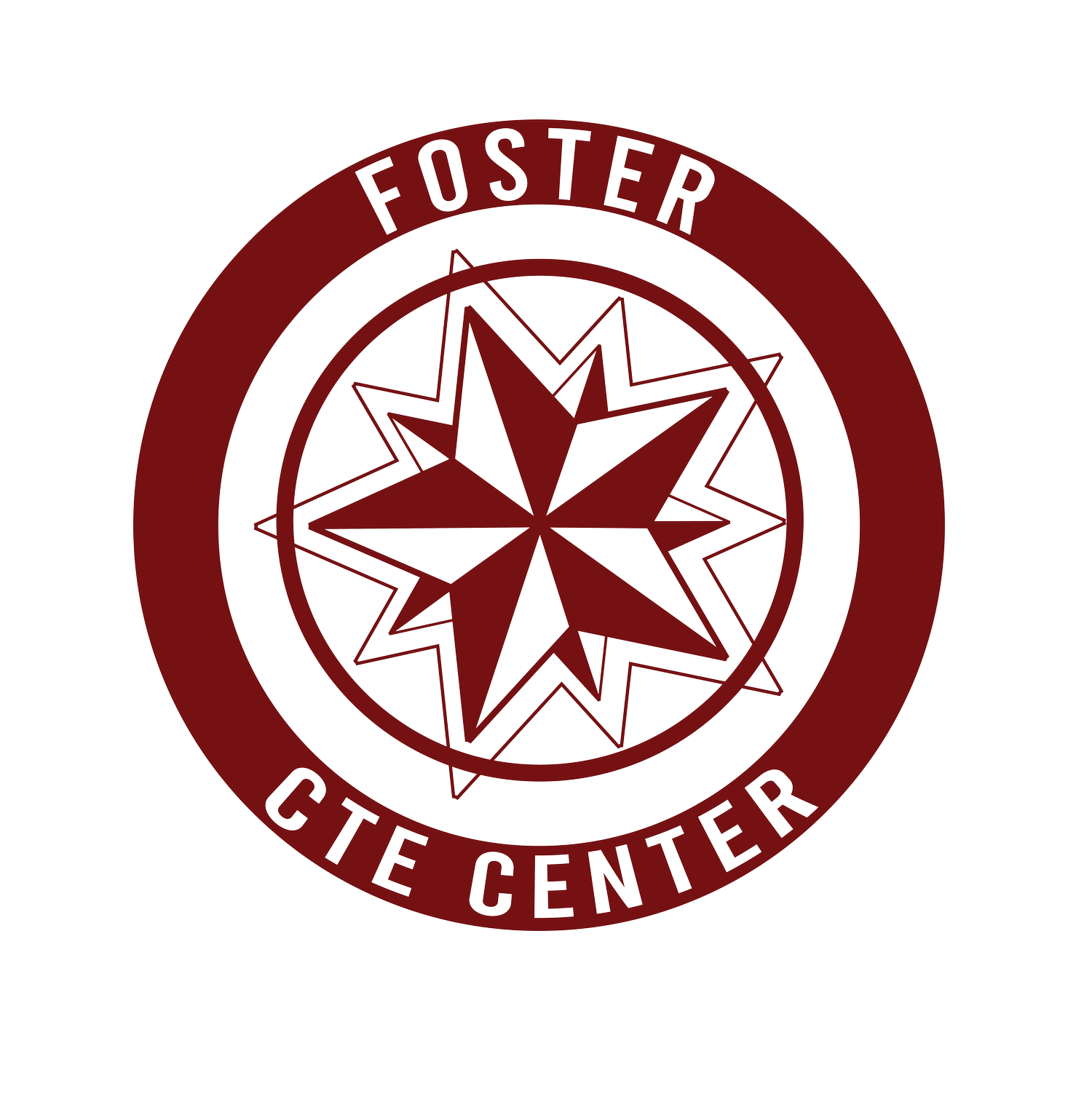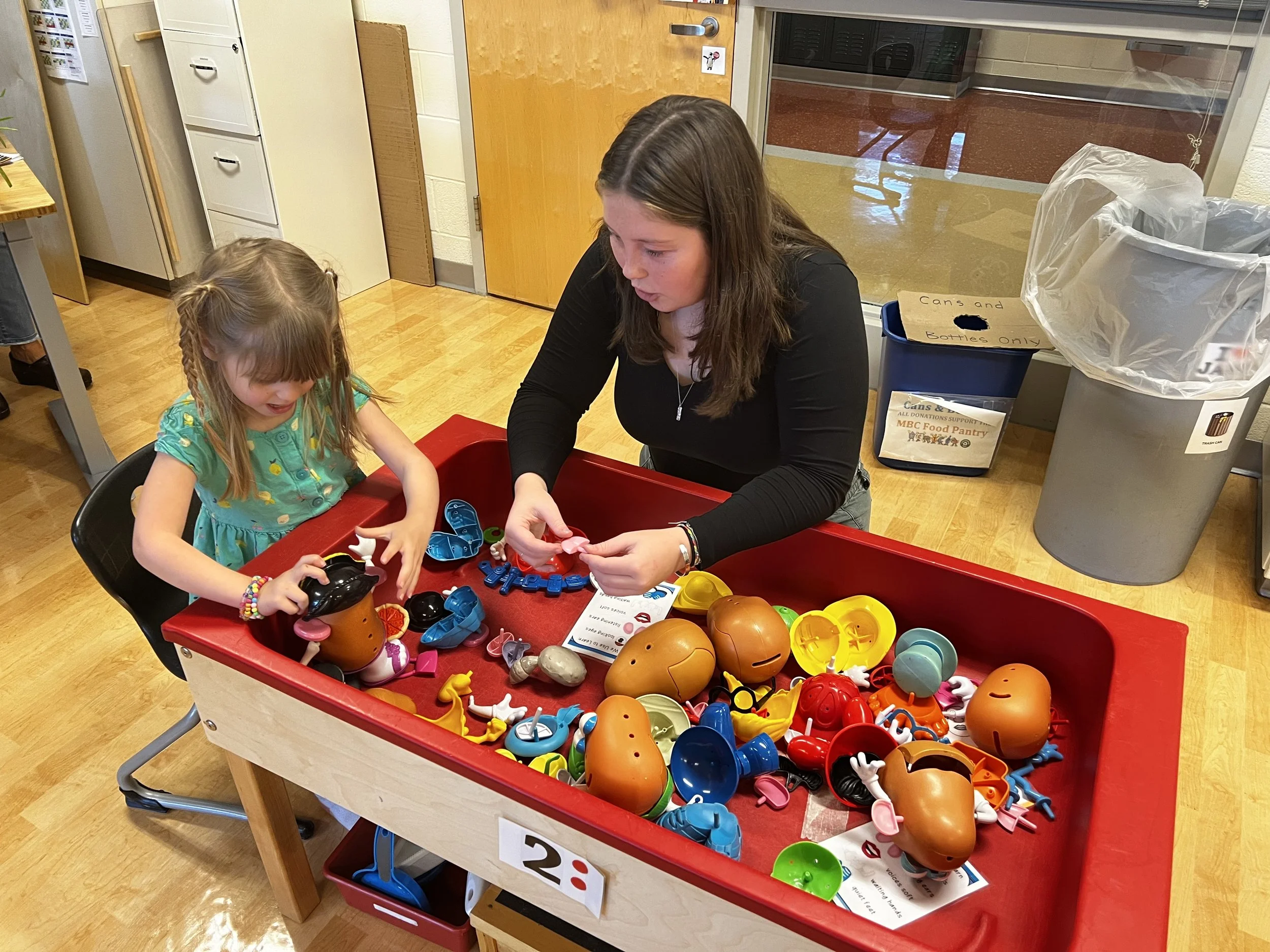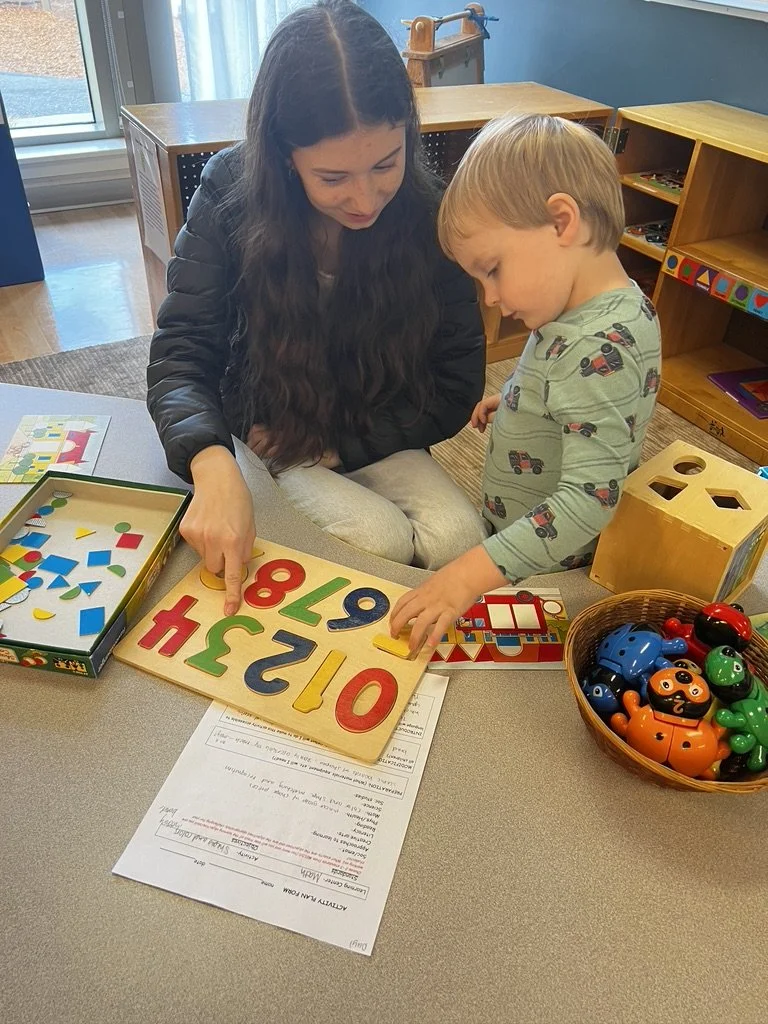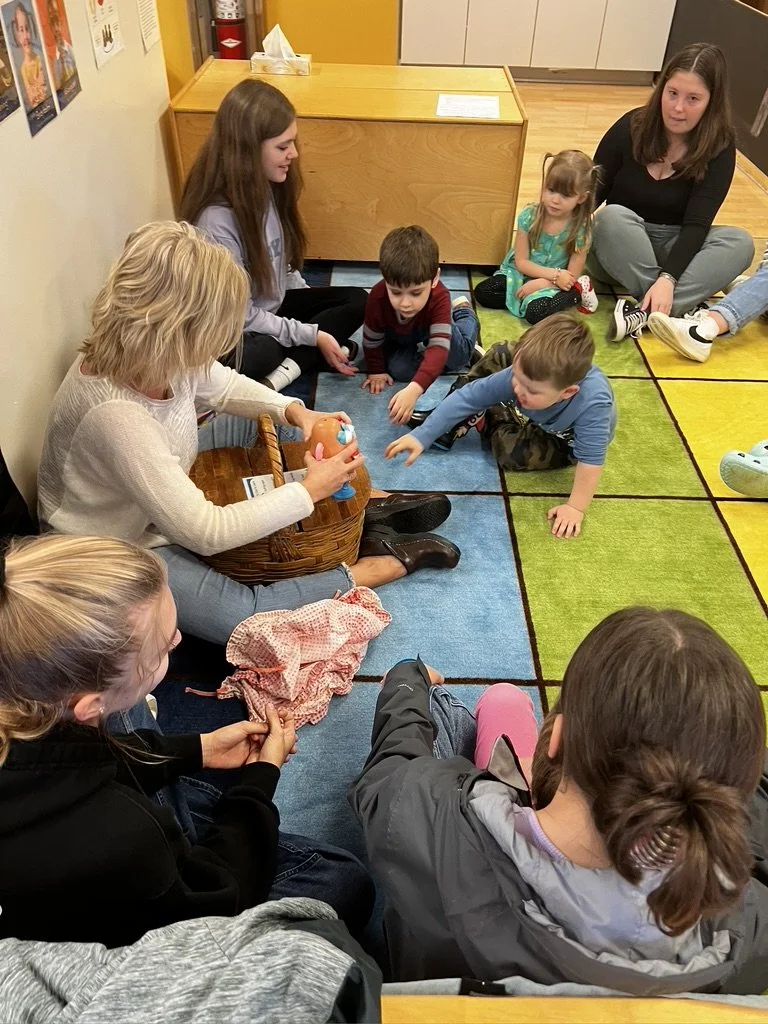Early Childhood Occupations
A nurturing and hands-on course designed to introduce students to the rewarding world of early childhood education and care. The program is crafted to provide students with a comprehensive understanding of child development, teaching techniques, and the diverse career opportunities within the field of early childhood occupations.
Whether students aspire to become early childhood educators, childcare providers, or pursue further education in child development, this course provides a solid foundation in the principles and practices of early childhood occupations. Students will gain an understanding of child development, practical teaching skills, and the empathy needed to positively impact the lives of young learners.
Nurture your career aspirations where a blend of hands-on experiences, industry-relevant coursework, and mentorship prepares you to positively impact young lives and excel in the field of early childhood education.
Program Objectives
-
Explore the principles and theories of child development from infancy through early adolescence.
Understand the importance of early childhood education in shaping a child's cognitive, social, emotional, and physical well-being.
-
Gain knowledge of health and safety practices in early childhood settings.
Understand the principles of nutrition and its impact on the growth and development of young children.
-
Learn to create developmentally appropriate learning experiences through play.
Develop skills in designing and implementing educational curricula for young children.
-
Explore effective classroom management strategies in early childhood settings.
Understand the principles of positive discipline and fostering a nurturing learning environment.
-
Gain insights into working with children with diverse learning needs.
Understand the principles of inclusive education and adapt teaching techniques to accommodate individual differences.
-
Develop effective communication skills for collaborating with parents and caregivers.
Understand the importance of building positive relationships with families to support child development.
-
Learn techniques for observing and assessing children's developmental milestones.
Understand the role of assessments in designing personalized learning plans for young learners.
-
Explore diverse career pathways within early childhood occupations, including roles such as preschool teacher,elementary school teacher, childcare provider, and early intervention specialist.
Gain insights into the requirements and certifications needed for various career options.
-
Engage in hands-on practicum experiences in real-world early childhood settings.
Apply theoretical knowledge to practice and develop practical teaching skills under the guidance of experienced educators.
-
Explore opportunities for professional development and continued education in the field of early childhood occupations.
Prepare for industry-recognized certifications, such as Child Development Associate (CDA) or other relevant credentials.
-
Connect with professionals in the early childhood education field through guest speakers, industry visits, and virtual interactions.
Gain insights into career pathways, industry trends, and potential internship or employment opportunities.






